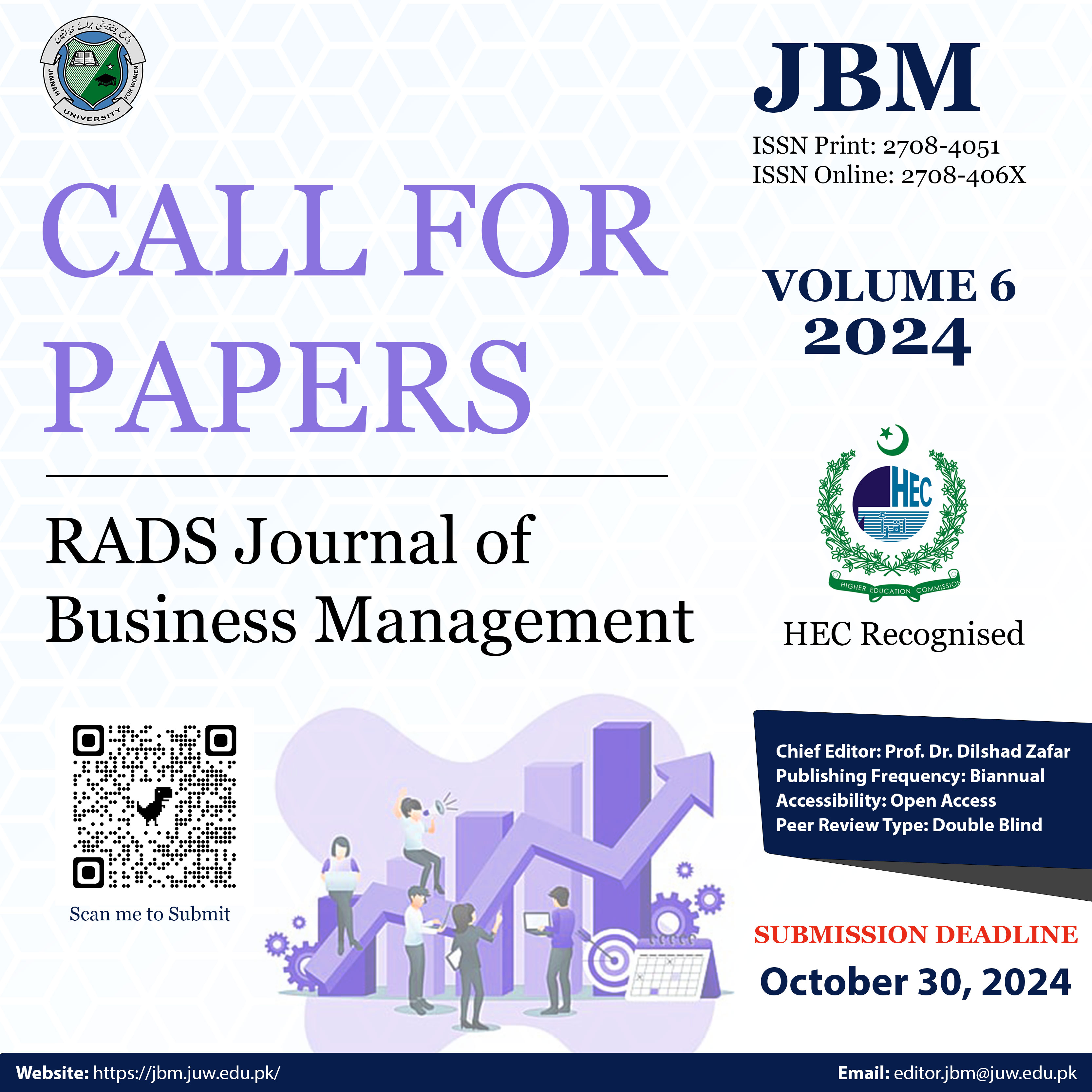AI & Management Sciences: A thought starter
Abstract
The third wave of AI esp. deep learning is taking the modern world by storm. The initial two waves in 70’s and 80’s did not live up to the hype. This third wave of AI has some level of success in image processing, language translation, playing certain games and chatbot based learning. Partial success in these areas have build expectations which may or may not be accomplished. So, the big question for management-based scholars is how it will affect their domain of knowledge. There are certain dimensions which are worthy of attention here.
Key dimensions for the management science directly affecting AI are business leadership, AI based tools to gain efficiency/competitive advantage and re-defining the previous business models.
Business leadership needs to quickly adopt to the changing landscape as new tools/methods are emerging which requires long term strategic thinking and adopting to more inclusive leadership. This will also create a new breed of tech entrepreneurs who are more grounded in reality. They can balance the needs of the leadership with organizational demands more realistically. This alignment of technology with business leadership will be more common practice in future. Ethics will have a big role in this leadership as most of the AI tools are commercialized and core aim of them seems to be profit making. This can potentially conflict with the great needs of society and associated customers. Therefore, a technology leadership which is more aligned with ethics, reality of AI usage and its potential conflicts with the society will be better suited to take this challenge.
Plethora of AI tools are flooding the market with sometimes undue promises of the operational efficiency, resource optimization and process automation. This requires another breed of operations/project management scholars who will validate the promises of these tools and see their real impact on the business processes. As this is an emerging field so keeping pace with these tools will be a quite a challenge. Self-criticism will be the key in this debate of using AI on improving the sustainability of the business. If AI is able to self-criticize it by highlighting the biases in training data, flaws in design, hallucination issues and limitations of its operability then these AI tools will gain more traction in management science domain. At this stage it is more like a black box where input and outputs are usually known but what goes inside is not clear. This secrecy and developing nature of this technology raises many questions around its usage, potential claims of improvement and future outlook.
Old ways of doing business and their tested models will quickly become redundant. As resources, customers demand, and process management will change with new tools and application previous assumptions about business models will no longer apply. New AI challenges to business will create new opportunities, new customers and new ways of doing things not envisioned earlier. This means future predictions about business will change resulting in re-design and recalibrating the expectations. A successful business model will be the one who adopts and flourish in this era of change. New inputs needs to designed and new outputs in forms of product and services will be launched to ever changing business climate.
These broader three changes in future business environment requires management scholars who are adept at understanding the complexities of this technology, its impact on the bigger business issues and creating new theoretical & empirical frameworks. These new frameworks and new ways of thinking should be robust and flexible at the same time. Robust to proper answer any management/business related questions and flexible enough to change when its needed. This looks like not an overly challenging task but looking closely requires multitude of skills from them. This includes the ability to see the impact of this AI change on management of business both local and global, highlighting the flaws of design, application and its associated factors of accountability & transparency to remove the hype from reality.
In short, technology and management goes hand in hand in improving efficiency, inclusivity, sustainability and information visibility. How new explosion of AI will impact the breed of management scholars where they are honest, critical and forthcoming about it is a question which will be answered in coming decade. This decade will be where the evolving nature of consumer demands, complex architecture of technology and new body of knowledge will create new avenues of opportunities and threats for both business and public.
Copyright (c) 2024 Sheraz Alam Malik

This work is licensed under a Creative Commons Attribution 4.0 International License.
The author retains the copyright and grants the right of first publication to the journal.




